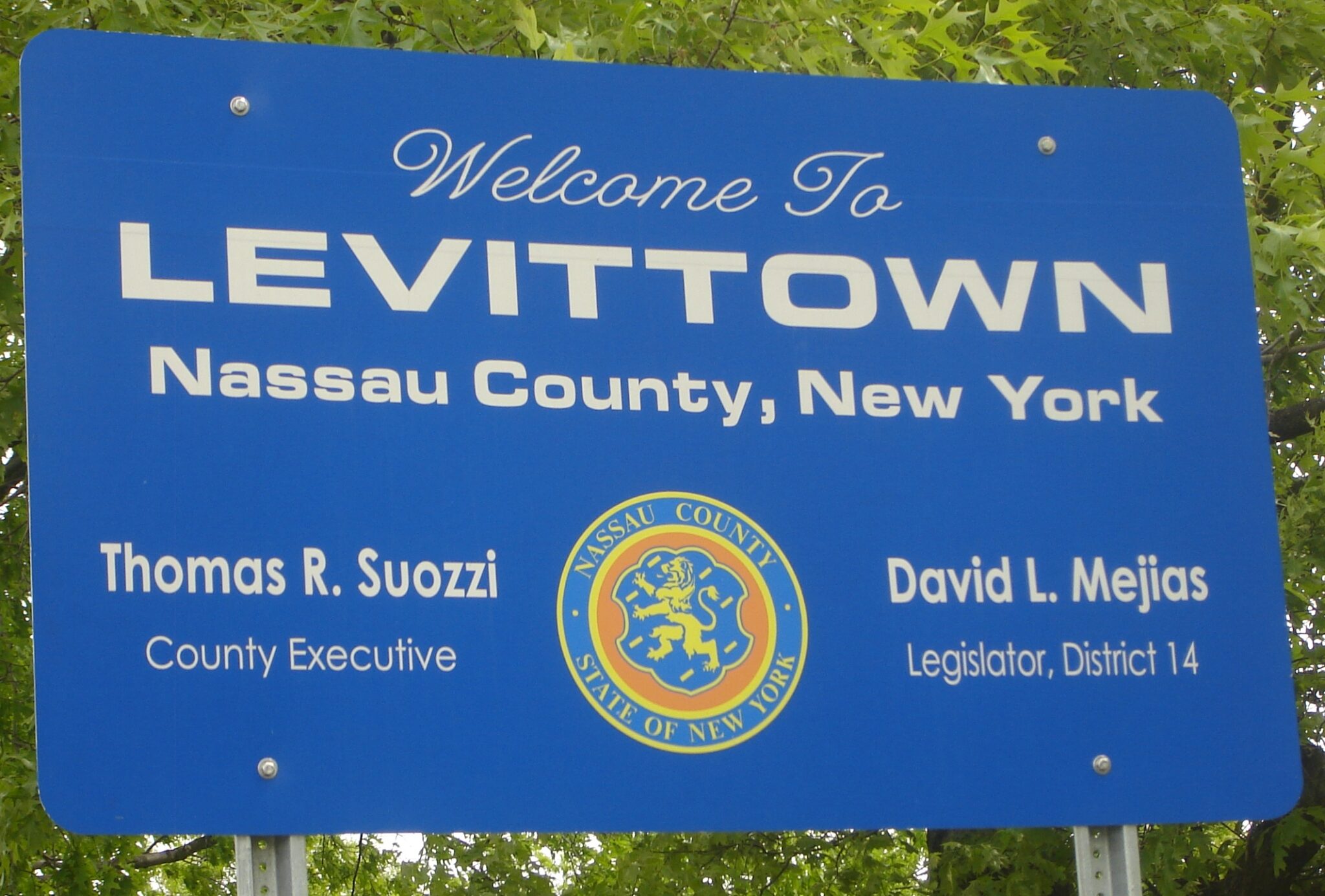Letter from the Executive Director, Elizabeth Bridgewater
A few years ago, I gave a presentation to a group of white folks about systemic racial discrimination in the housing industry and I was shocked by how many in the audience had never learned this history. Many had heard of redlining by banks and how these discriminatory lending practices created patterns of disinvestment in urban neighborhoods, but few knew that legal covenants were attached to newly built suburban homes that explicitly prevented them from being sold to Black households upon resale. And fewer knew that in the 1930’s, Black households were left out of the Federal Housing Administration’s new mortgage insurance program that lowered the risk for lenders and made it possible for millions of White Americans to become homeowners.
Many folks still think of racism as a phenomenon that mainly exists in the hearts and minds of individual people, but fail to understand how historic and current policies and practices have created some of the most enduring and entrenched patterns of segregation in our communities.
Dr. Raphael Bostic, the President and CEO of the Federal Reserve Bank of Atlanta provides a detailed history in his article and draws the link between these practices and the current wealth gap between Black and White households today.
In spite of the housing challenges faced by many Black communities, inspiring stories persist. One such story that we routinely share with new board and staff members can be found in the short film, Arc of Justice.
We love this film because it brings to life both the terrible impact of racist policies, but also how one community fought back and regained their footing on land that provides both housing and farming. In addition, WWHT’s own history is linked to this group because “New Communities, Inc.” was the first community land trust in America and provided the vision for other land trusts that were created in the United States including right here in Vermont. One more very tangible connection still exists locally: pecans grown on the New Communities, Inc. farm can be purchased at the Brattleboro and Putney Food Coops.
Black History month is a great time to either revisit these stories or learn them for the first time. There is a small charge to view the film and we encourage those who can afford it to pay the fee as this is an important revenue stream for this film cooperative. However, if the charge presents a barrier for you, be in contact with Marion Major at mmajor@homemattershere.org and she can provide you with a code to view it for free.


